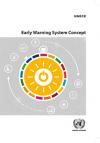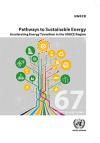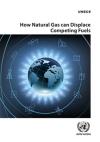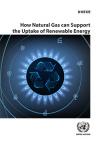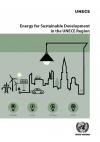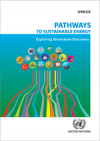Pathways to Sustainable Energy
Introduction
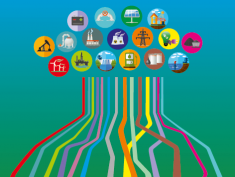
The UNECE region will play an important role in attaining the international energy and climate objectives that were agreed in 2015, notably the Seventeen Sustainable Development Goals (SDGs) and the agreement reached at the 21st COP meeting in Paris in 2015, referred to as “Paris Agreement”. Energy underpins most of these goals, and the energy sector plays a critical role in finding solutions for both sustainable development and climate change mitigation. Read more >
In focus
Highlights
The UNECE implemented the project on the “Role of Natural Gas in Attaining Sustainable Energy in the UNECE Region”
The objective of the project was to improve the understanding of the UNECE member States on the role of natural gas in achieving 2030 Agenda for Sustainable Development and the Paris Climate Agreement.
The project complemented the UNECE flagship project Pathways to Sustainable Energy and explored the strategic options with respect to natural gas for closing the gaps between the current circumstances and both the commitments the countries have made and what is truly needed to meet long-term sustainability objectives.
A series of studies analysed:
How Natural Gas Can Displace Competing Fuels
How Natural Gas can Support the Uptake of Renewable Energy
The Potential of Natural Gas to Penetrate New Markets
Recent Events
25 - 27 September
Salle XXVI, Palais des Nations Geneva Switzerland
24 September
Salle XXVI, Palais des Nations Geneva Switzerland

